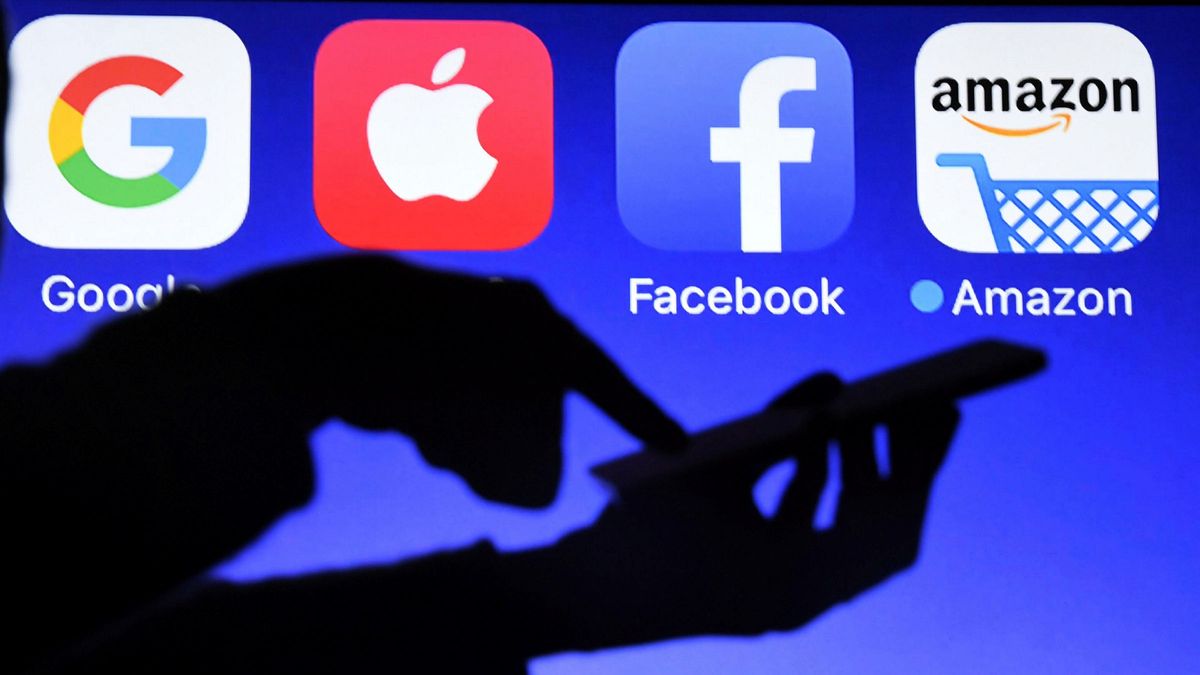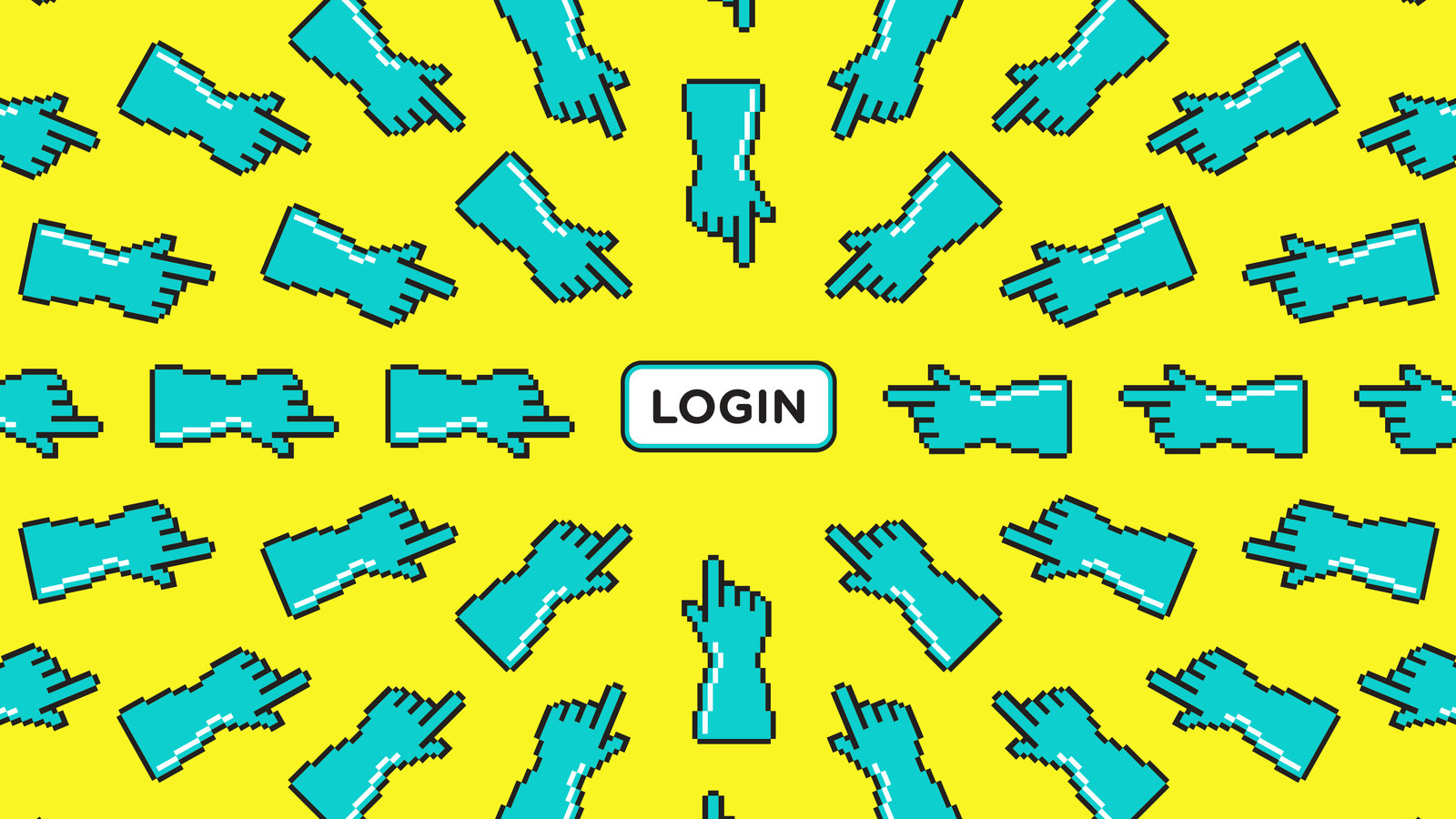Why is Big Tech thriving amid the coronavirus pandemic?

A few minutes every morning is all you need.
Stay up to date on the world's Headlines and Human Stories. It's fun, it's factual, it's fluff-free.
As the coronavirus pandemic sweeps the globe, many aspects of ordinary life have been altered.
But while many businesses, from airlines to retailers, are facing total collapse in the wake of the economic devastation wrought by the virus, Big Tech isn’t only keeping its head above water, it’s thriving.
How Big Tech is thriving

In response to the record numbers that have turned to Amazon to buy goods they would normally purchase in-store, the Seattle-based company recently announced plans to hire 100,000 more warehouse workers to cope with the increased demand.
Activity on Facebook has increased to levels “well beyond” the usual peak of New Year’s Eve, with video call and messenger numbers exploding. WhatsApp, the Facebook-owned messaging service, has seen a similar spike in figures.
Reliance on cloud computing has increased as well, as more people are now working from home than ever before.
Microsoft reported a 40 percent jump in the number of users on its software. The need for cloud services offered by Microsoft, Amazon and Google will only rise as more people are forced to work from home.
According to The New York Times, corporate technology infrastructures will struggle to cope with this new reality, leading them to abandon their own data centers and rent computing from Big Tech. Elsewhere, more users have flocked to streaming and video sites like Netflix and YouTube, forgoing cinemas even before governments had ordered them to close.
Prospects have also improved for Apple, which had previously looked vulnerable thanks to its dependence on Chinese industry, with more people using and spending money on its digital services.
Overall, the US$3.9 trillion global technology industry still expects to take a hit this year.
In December, before the coronavirus pandemic, the research firm IDC forecasted five percent worldwide growth for sales of technological goods. The firm later cut that forecast to one percent, a number some in the industry say is optimistic, after the outbreak hit most parts of the world.
Economic hard times won’t be limited to just the technology industry. Economists already believe the coronavirus pandemic will certainly cause a recession, if not even a depression.
But despite bleak economic predictions, “The largest tech companies could emerge on the other side of this much stronger,” Daniel Ives, managing director of equity research at Wedbush Securities, told The New York Times.
Big Tech response to the coronavirus
Google, Facebook and Amazon are using their economic and technological resources to help Americans cope with the fallout caused by the coronavirus pandemic.
Google has said it will develop a website accelerating access to virus testing.
Alongside plans to hire additional warehouse staff, Amazon has committed to adding US$2 to its US$15 per hour minimum wage for US workers through April.
Facebook, for its part, has announced that it would give US$100 million in economic aid, in the form of cash grants and ad credits, to 30,000 small businesses worldwide.
US lawmakers in Washington, who have clashed with Big Tech over anti-competitive behavior and privacy violations, praised the three companies for offering assistance.
“I’m glad that they’re willing to help,” Senator Josh Hawley, a Republican, said of Google’s efforts to fight the virus. But displaying distrust of the technology companies, the Senator added, “I hope that they’re actually helping and not using this as an opportunity to drum up business.”
On March 16, major technology companies released statements detailing their cooperation in “jointly combating fraud and misinformation” about COVID-19.
The statement, released by Facebook, Google, Twitter and YouTube, among others, came after Tedros Adhanom Ghebreyesus, director-general of the World Health Organization, warned of the dangers of misinformation during the pandemic.
Alongside these efforts, the Trump administration and others have pressured Big Tech to share location data with governments to help fight the spread of COVID-19.
According to reports, public health officials want to compile location data from Americans’ phones and use it to map the spread of the infection. However, concerns over privacy rights may have put an end to the plans.
Both Facebook and Google, companies who faced reputational damage after the 2018 Cambridge Analytica scandal, released statements suggesting that they would not directly share data with the US government.
“We’re not aware of any active conversations or asks with the US or other governments at this point asking for access to that data directly,” Mark Zuckerberg, the co-founder and CEO of Facebook, told reporters on March 18.
Google released a similar statement, saying that any work between the company and the government “would follow our stringent privacy protocols and would not involve sharing data about any individual’s location, movement, or contacts.”
[article_ad]
Have a tip or story? Get in touch with our reporters here!




Comments ()